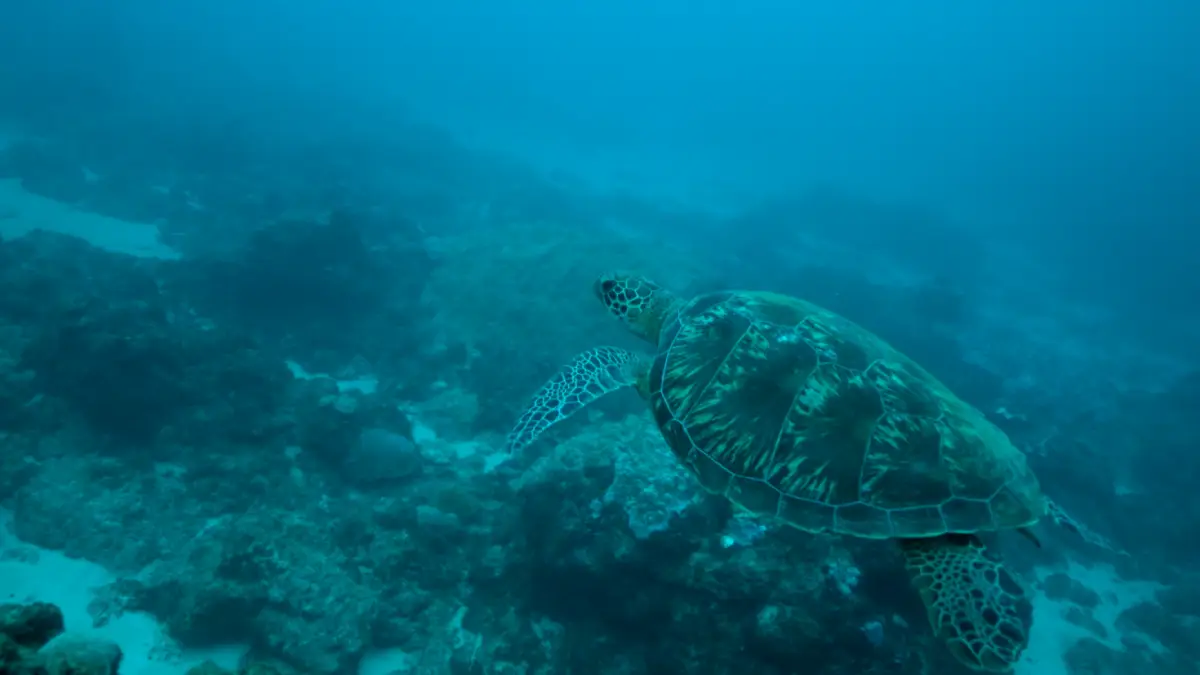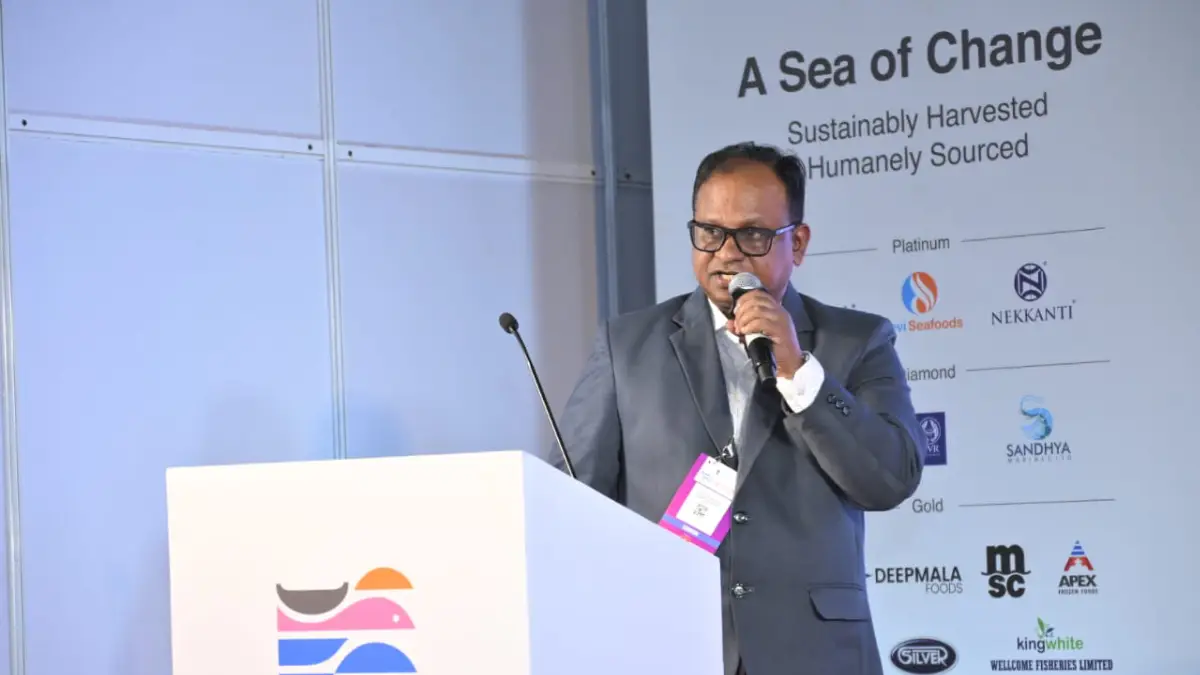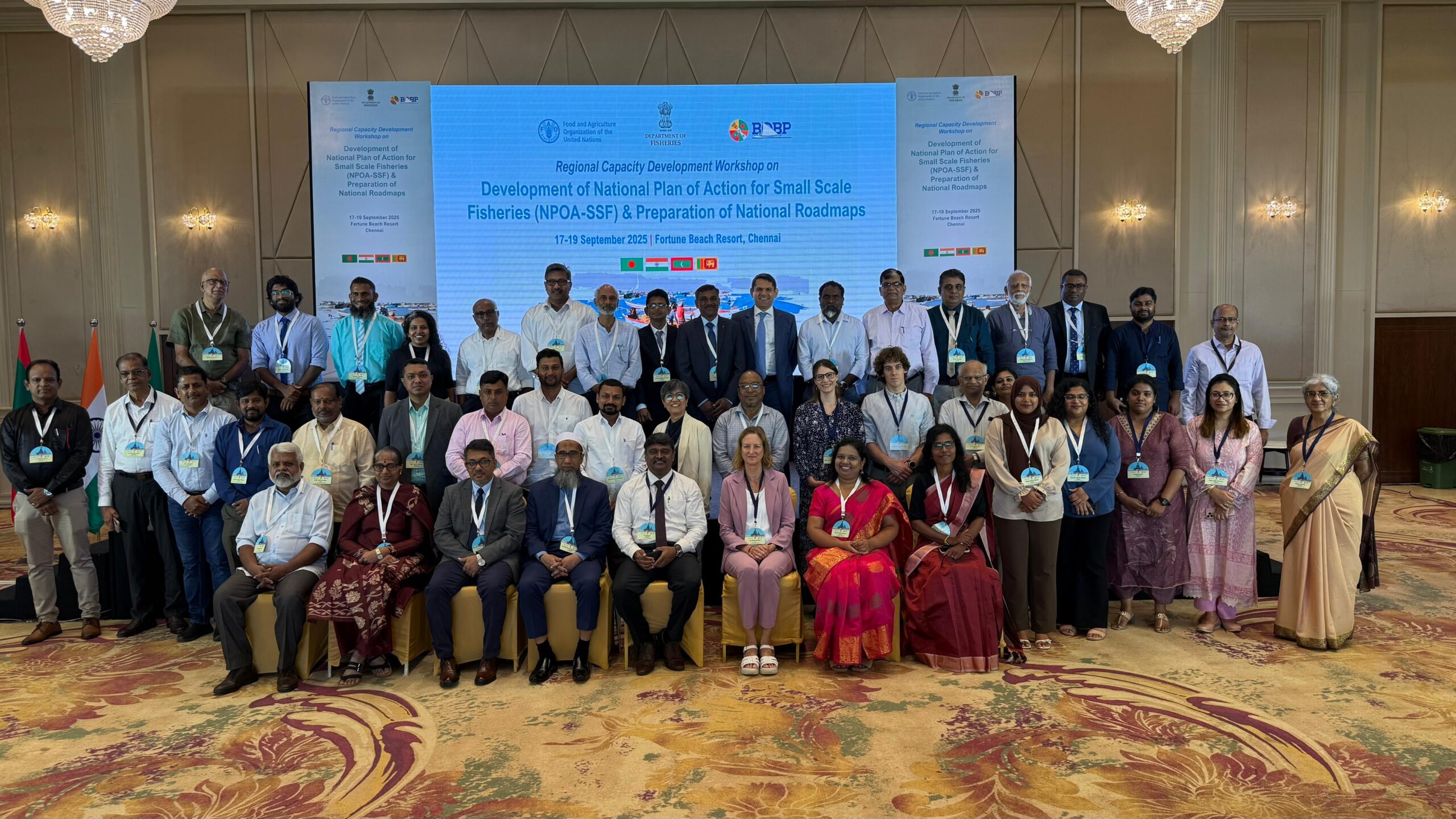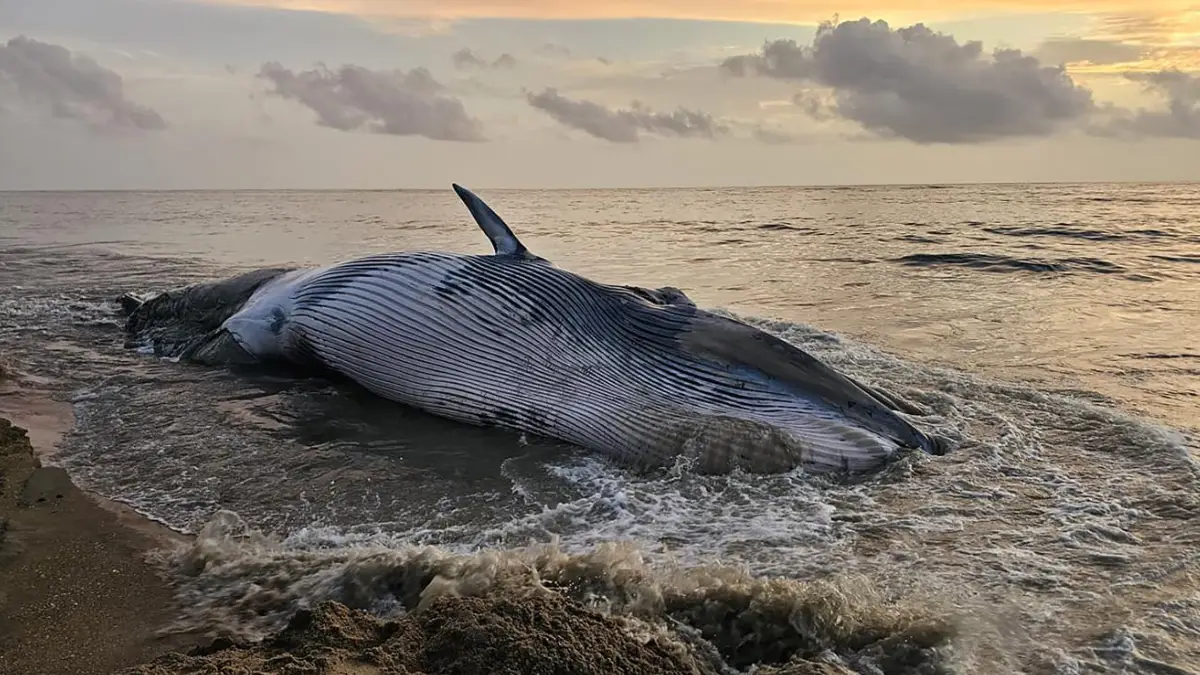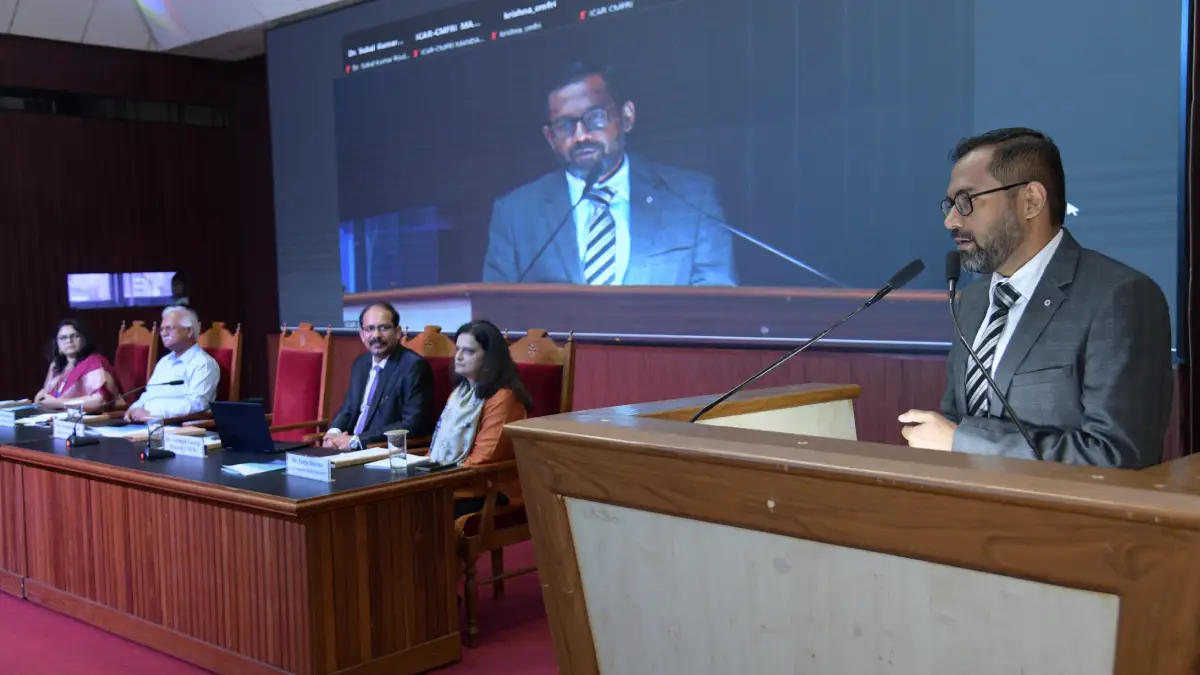Scientists from across the globe optimistic about science and technology in protecting ocean health
Scientists from 19 countries are concerned over the growing threat to ocean biodiversity due to climate change, pollution and overfishing among others, according to a new survey carried out by the Marine Stewardship Council (MSC). A total of 58 leading ocean experts participated in the survey conducted in line with the United Nations Ocean Conference on June 9-13.
The majority of the scientists pointed out that climate change is the greatest threat to ocean health and biodiversity as it causes ocean warming, sea level rise, and changes in ocean currents and weather patterns among many other impacts. Marine pollution, overfishing and changes to marine habitats also ranked highly in terms of impact, the survey revealed. The MSC is an international non-profit organisation, working with over 700 fisheries worldwide, that sets globally recognized standards for sustainable fishing and the seafood supply chain.
The online survey created by the Marine Stewardship Council (MSC) consisted of seven questions and was shared with marine scientists around the world, asking them about the threats and opportunities facing ocean health and biodiversity. It was completed throughout March 2025 by 58 people. The Marine Stewardship Council (MSC) is an international non-profit organisation, working with over 700 fisheries worldwide, that sets globally recognized standards for sustainable fishing and the seafood supply chain. The MSC program incentivises the adoption of sustainable fishing practices and helps create a more sustainable seafood market.
Responding to the survey, Dr Judy Mann-Lang, Two Aquariums Foundation, South Africa: “The ocean is remarkably resilient – if we just give it a chance. But this will need a change in what most people value. So, to save the ocean (and ourselves) we need to change society and that will take a lot of hard work.”
Indian scientists who participated in the survey highlighted that rising sea surface temperature and increased frequency of extreme weather events including cyclones were causing disruptions in the marine food web and thereby coastal livelihood.
On climate impact, Dr Sunil Mohamed, Chair of the Sustainable Seafood Network of India and former principal scientist at the ICAR-Central Marine Fisheries Research Institute (CMFRI) said: “Indian Ocean is rapidly warming leading to disruptions in fish productivity, species distribution, and decline of some commercially important varieties”. He is one of the three scientists involved in the global survey from India.
Plastic Pollution
In India, plastic pollution emerged as the biggest threat to marine ecosystems,
the scientists said. According to them, a staggering amount of plastic debris, originating from human activities in the land, is increasingly reaching oceans. Marine scientists warned that this influx of plastics poses an escalating danger to coastal ecosystems and to the livelihood of small-scale fishers.
Alarming Threat
“It is alarming that around 5% of marine catch from coastal waters contains plastic waste”, said Dr Sunil Mohamed. Flagging it as a grave issue to marine life, he called for stricter measures to tackle the menace through coordinated and joint efforts of public and government agencies.
“There is inherent resilience in ocean ecosystems, and hence good fisheries management and environmental care could greatly help to restore the ecosystems”, he added.
Science and policy crucial
Despite worries, the scientists are optimistic about the situation pointing to advances in science and policy as tools in protecting the oceans. They cited examples of global treaties and commitments as well as positive case studies of ocean restoration projects as ways in which ocean biodiversity could be protected from future harm.
“With good science and governance, the decline in ocean health and biodiversity can be halted and, in time, reversed.” siad Dr Francis C. Neat, Professor of Sustainable Fisheries and Ocean Biodiversity, World Maritime University, Malmö, Sweden
Respondents emphasised that international policies, treaties, and governance frameworks needed to go faster and further in their efforts to maintain a healthy ocean for future generations.
“There is growing awareness that humanity depends on a healthy ocean for its survival. There are a number of successes, and we know what we need to do for effective management of fisheries. Given space and time, the ocean will recover.” Dr Charlotte Hopkins, University of Hull, UK
Dr M.K Sajeevan, Professor and department head at Kerala University of Fisheries and Ocean Studies and Dr S Sabu, Associate Professor at Cochin University of Science and Technology (CUSAT) are the other respondents to the survey from India.
On scientists’ response, Dr Beth Polidoro, Research Director at MSC said: “There is a general consensus from scientists across the world that our oceans are under threat”.
“What is positive is that we are still in a place to change the trajectory, halt these negative impacts and ensure healthy oceans full of life for future generations.
Ahead of World Oceans Day, the MSC released Preserving ocean life: How sustainable fishing supports biodiversity, a report showcasing a selection of positive case studies where fishers are using technology, tools and different techniques to minimise their impact on ocean biodiversity and protect marine life for future generations.
In the foreword of the report, Peter Thomson, the United Nations Secretary-General’s Special Envoy for the Ocean, author of the foreword of the report, said: “The latest figures from the Food and Agriculture Organization of the United Nations (FAO) show the number of stocks that are overfished continues to rise, and this is now at 37.7%. If overfishing and poor fishing practices remain unchecked, they will continue to threaten the survival of marine species and the health of ocean ecosystems.
